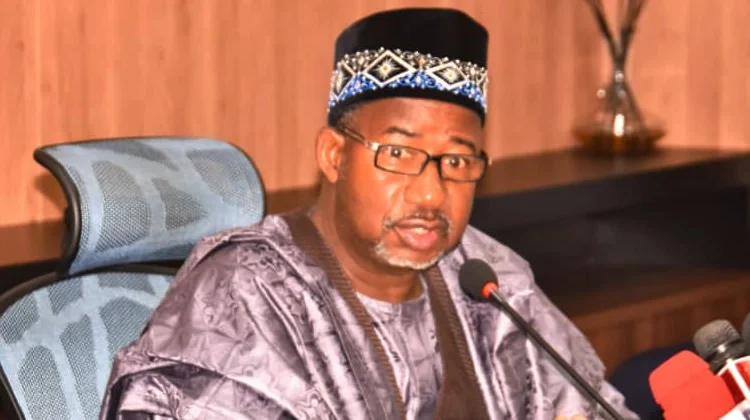Hussaini Kafi in Kano
Bauchi State government has taken a major step to address the alarming exodus of medical doctors and health workers by approving a new salary structure alongside enhanced welfare packages aimed at retaining skilled professionals within the state’s healthcare system.
The announcement was made by the State’s Head of Service, Barr. Muhammad Sani Umar, during a briefing of journalists on the outcomes of the recent State Executive Council (SEC) meeting, presided over by Governor Bala Mohammed.
The Council ratified a comprehensive welfare package which includes housing and car loan schemes, rural posting allowances, improved security measures around health institutions, and significant upgrades to medical equipment and infrastructure — such as perimeter fencing around health facilities.
A notable development is the full approval of welfare and salary packages for National Youth Service Corps (NYSC) members deployed to state-owned medical facilities, marking a first in the state’s health sector reforms.
Barr. Umar emphasized that the initiative is designed to attract and retain qualified health workers within Bauchi State’s civil service. He disclosed that Governor Mohammed expressed deep concern over the increasing number of frontline health professionals, including doctors and midwives, leaving the state for better opportunities elsewhere — a trend commonly referred to as the “japa syndrome.”
To understand the root cause, the government established a committee that identified inadequate welfare and salary conditions as the main drivers of the migration of health personnel. In response, the SEC approved the implementation of the Consolidated Medical Salary Structure (CONMESS) and the Consolidated Health Salary Structure (COHESS) for all health workers in Bauchi.
Commending Governor Mohammed’s efforts, the State Commissioner for Information and Communication, Hon. Shehu Usman Shehu, highlighted that the reform not only targets the attraction of new medical professionals but also aims to retain current staff by resolving pending issues related to promotions, career advancement, and pre-service training opportunities.
Hon. Shehu further revealed that a dedicated committee will be established to monitor and ensure smooth implementation of the salary and welfare packages.
The Commissioner for Health, Dr. Sani Mohammed Dambam, also spoke positively about the reforms, noting that the governor has lifted the recruitment embargo on domiciliary staff and reinstated the pre-service training scheme that had been suspended by previous administrations.
“With this comprehensive package now in place, our doctors and health workers can enjoy conditions comparable to their counterparts in federal institutions,” Dr. Dambam said. “We are optimistic that this will significantly improve the health sector by providing the necessary manpower and strengthening healthcare delivery across the State.”
The Bauchi State government’s proactive approach signals a commitment to reversing the brain drain in its health sector and ensuring that quality healthcare services remain accessible to its citizens.



